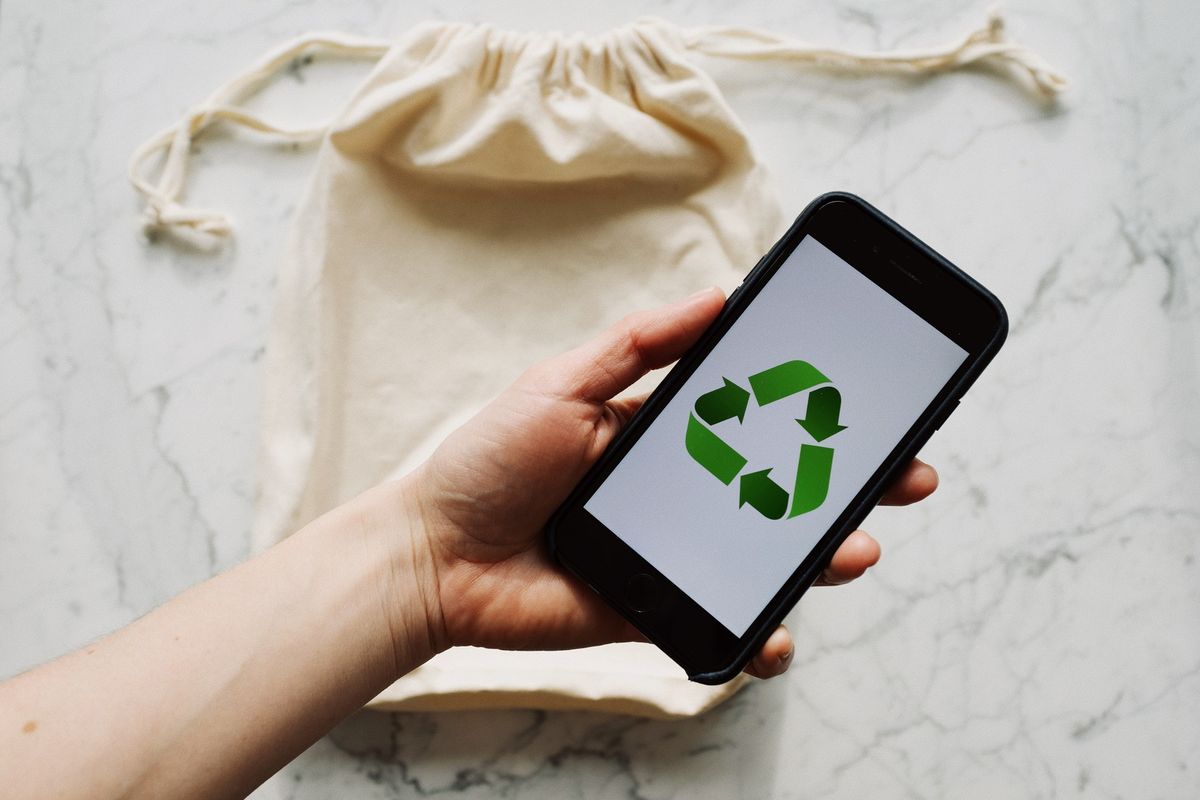Tips on beginning a zero waste lifestyle

A few minutes every morning is all you need.
Stay up to date on the world's Headlines and Human Stories. It's fun, it's factual, it's fluff-free.
A zero waste lifestyle, or even sustainable living, is a concept that we should all strive for in order to better ourselves and our environment. We have some tips for zero waste for beginners to get you started on a better lifestyle with the new year.
Before getting into the nitty-gritty tips, it’s important we understand what exactly a zero waste or a sustainable lifestyle entails. By choosing to use less (or none at all) single-use items such as plastic bottles/containers and replacing them with better alternatives, we can reduce our overall waste. The five R’s of sustainable practices is something we’ve all most likely heard of but haven’t considered how valuable they are to reducing our carbon footprint. They are Refuse, Reduce, Reuse, Repurpose and Recycle.
Zero waste is considered a lifestyle as it should be practiced in all aspects of your life – from your home and business to something to remember while shopping. When getting started, make the transition slowly because quitting everything cold-turkey will make the change much more difficult (and less likely to stick). By gradually implementing these tips into your life on beginning a zero waste lifestyle, you will have successfully jumped onto the bandwagon.
Learn to say “no”
Receipts, plastic bags and disposable cutlery are all things that we are offered every day that contribute to a large build up of waste. Before accepting something unnecessary, think about whether or not you really need it – chances are, you’ll be tossing it in the bin within the next hour.
There are many alternatives such as electronic receipts and carrying around a handy reusable bag. You never know when you’ll be going on an impromptu shopping trip. Investing in a sturdy tote bag and a foldable cutlery park or straw, is something that will ultimately make your zero waste journey much more achievable.
Make use of reusable items
Since you’ll be refusing to use disposable items, you’re going to have to stock up on jars, bottles and tupperwares. This is one of the first things you should do after starting your zero waste lifestyle. Even though you might end up paying a couple bucks extra, in the long run, you’ll be saving much more.
Take bottled water, for example – having to purchase water every time you go out will not only cost you a fortune but you’re adding to landfills and oceans with hundreds of plastic bottles every year. But, if you have a reusable water bottle, you can refill it at home before leaving for free water and also keep it filled when you are out and about.
Eat whole foods
A zero waste lifestyle doesn’t only help our environment, but it can also help you nourish your body by giving it the food it deserves. Typically, purchasing whole foods come with less or no packaging. Therefore, you’re immediately avoiding that extra and unnecessary waste. Many will argue that this can be more expensive, but buying fruits and vegetables from local markets may be even cheaper than at big box grocery stores. Buying whole foods rather than packaged and processed food is beneficial not only for your health but also in reducing plastic waste.
Find a zero waste grocery shop
Zero waste grocery shops are becoming more and more popular as these sustainable lifestyles become more widely accepted. These grocery shops sell products with zero waste packaging and allow you to measure just how much of the item you’ll need. This also reduces food waste as you won’t be having to get more than you need.
Buy second hand
Thrifting is a trendy and sustainable way of shopping for clothes without having to spend a lot of money like you will when buying something new. Thrifting is valuable as new resources do not need to be wasted on creating new clothes. This is an excellent way to avoid the pitfalls of fast fashion. Not to mention the fun, stylish finds you can find while digging through those racks of jackets, shirts and pants.
Reduce, repurpose, recycle
In addition to these other steps, work toward reducing the waste you create by being more mindful. If you have something that can serve another purpose, there are a number of websites available to help you learn ways to repurpose items and clothing – this will save you money and time! Lastly, recycle when you can by finding the best local recycling programs in your area to help turn your carbon footprint to zero waste or even negative.
Have a tip or story? Get in touch with our reporters at tips@themilsource.com




Comments ()